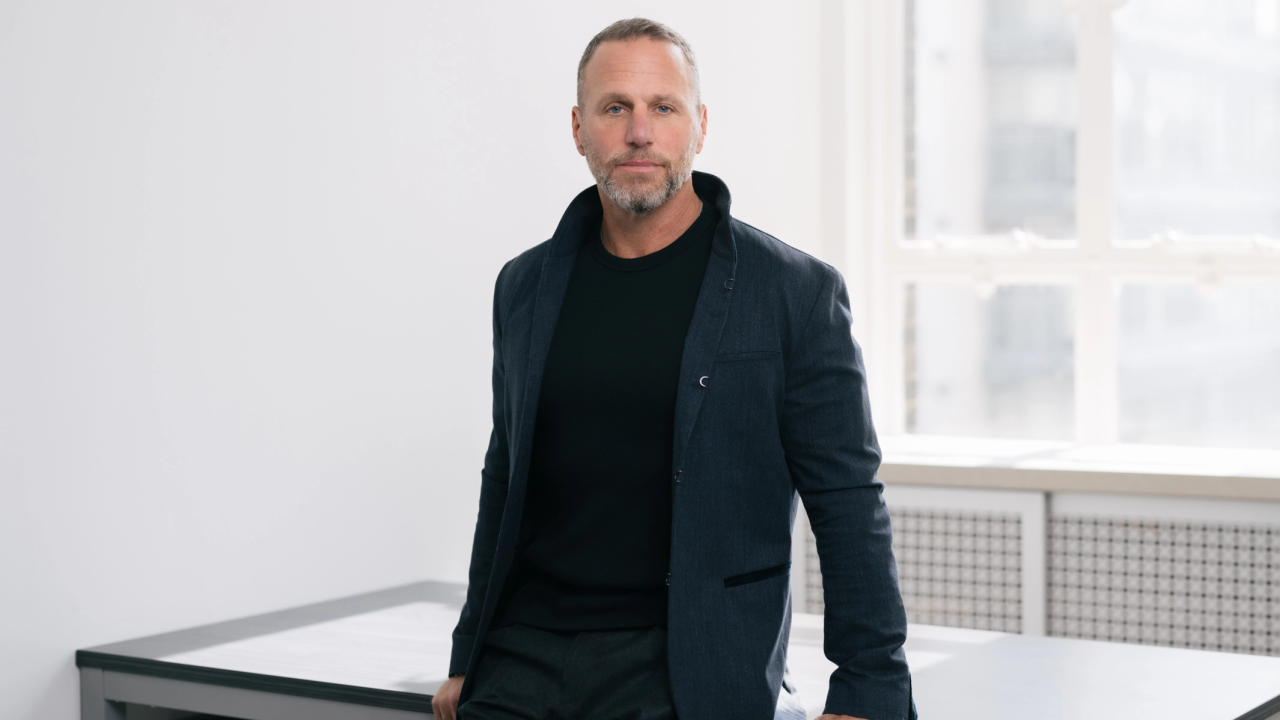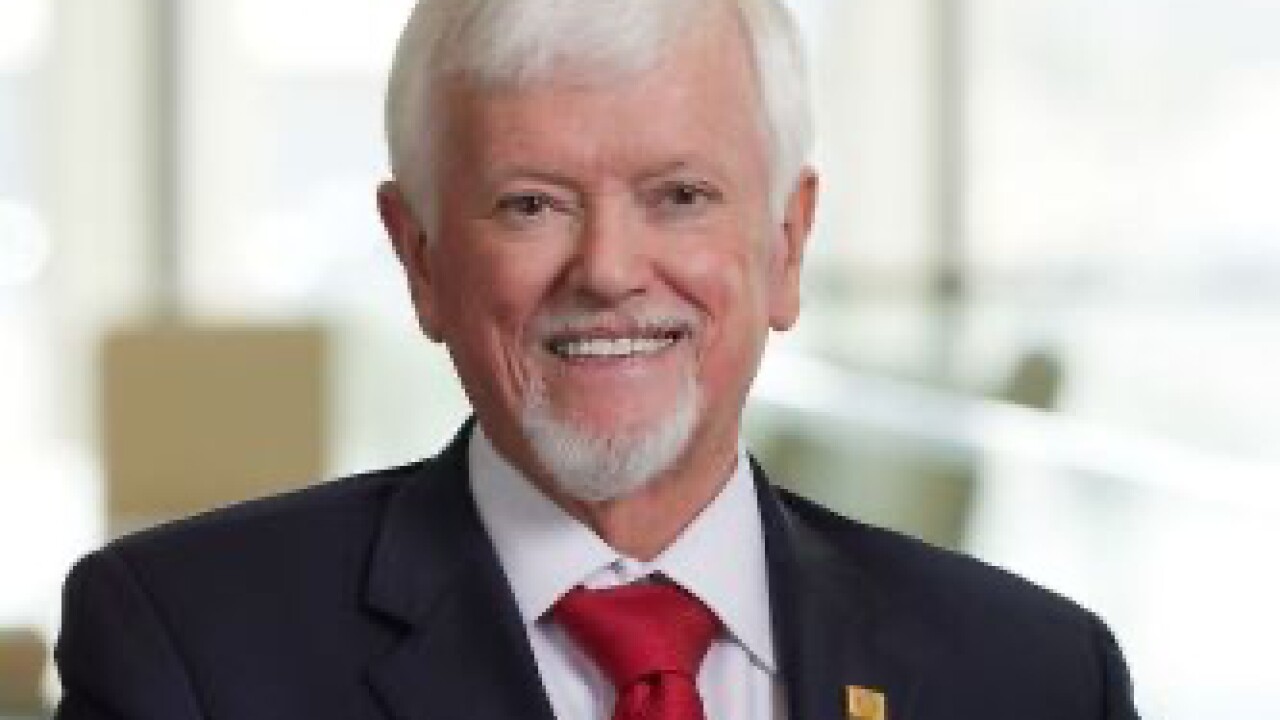Oracle Corp. and i-flex solutions ltd. said they have their first core processing deal with a U.S. bank — a deal that could become an important test case for the banking industry as the two vendors try to expand in this market.
Though banks in other parts of the world have been upgrading their core processing systems in recent years, U.S. banks have lagged. Observers have predicted that the industry is poised for a major overhaul within the next few years. At the same time, analysts are watching several significant foreign technology vendors look for openings with customers here.
Oracle, of Redwood City, Calif., is expected to announce today that People's Bank of Bridgeport, Conn., has agreed to convert its core deposit accounting system to i-flex's Flexcube, and to use other products from the two vendors.
Ashwin Goyal, Oracle's vice president of financial services industry strategy and marketing, said his company hopes to be ready to catch that anticipated wave of upgrades from U.S. banks. "The opportunity exists" to gain market share as banks "look for that next-generation solution."
His company acquired its initial 43% stake in i-flex in November 2005 for $593 million in cash. At that time Oracle said the purchase would help boost its financial services operations, and that having Oracle's backing probably would help i-flex's sales efforts.
Despite its fast growth elsewhere, i-flex has had little success selling its core software in this country since it said in March 2003 that it would target the North American market.
In November, i-flex said that the Glen Rock, N.J., service bureau Financial Services Inc. would offer Flexcube to community banks.
Robert Hunt, a senior analyst at TowerGroup, a Needham, Mass., a market research unit of MasterCard Inc., said several big international vendors — including the Mumbai technology company Tata Group, the Geneva core processing software maker Temenos Group AG, and the Walldorf, Germany, enterprise software developer SAP AG, Oracle's most direct competitor — are trying to expand in the U.S. core processing market.
Meanwhile, several U.S. core processing vendors have been reorganizing. Fidelity Information Services Inc. completed its spin off from its majority owner, Fidelity National Financial Inc., in November, a month after Open Solutions Inc. agreed to sell itself to a pair of private-equity companies.
Fiserv Inc. has been evaluating its entire corporate structure for the better part of a year, and announced last month a plan to consolidate several of its operations. And Jack Henry & Associates Inc. is trying to spur growth by marketing to banks that do not use its core-processing software.
Many U.S. banks may finally be ready to start shopping for new core systems, Mr. Hunt said. "A lot of big banks have been out kicking tires, looking at architectures. They've made no commitments to replace, but they are looking at the market."
In other parts of the world, many banks already have modernized their cores, often because of competitive factors such as the integration of eastern Europe into the modern market economy, he said.
In contrast, U.S. banks have been reluctant to abandon their core systems, many of which date back to the 1970s and 1980s. Mr. Hunt predicted that U.S. banks would reach a tipping point by 2009 or 2010 that will force them to take action on their systems.
Many of the ones in place at U.S. banks do most of their processing overnight in batch mode. That setup made sense when most transactions used paper checks, but makes increasingly less sense today, Mr. Hunt said.
"You have to look at it in terms of re-engineering the processes of the bank," he said. "That's a big effort, and they're not ready yet to undertake it, but I think the shift to electronic processing is going to force it."
Oracle bought its initial stake in i-flex from Citigroup Inc., which founded the Mumbai vendor as a subsidiary in the mid-1980s and later partially spun it off.
Since then Oracle has expanded its stake in the vendor (to 55% as of August), buying shares on the open market through what is known as a "preferential allotment" under Indian securities law. Last month Oracle said it wanted to buy another 35% stake, and last week it said that its ownership had increased to 83%.
Mr. Goyal said that People's is shifting from a traditional thrift business to a more conventional banking model. "They were looking for an enterprise platform across the retail and commercial bank."
He would not say when the software would be installed. "They have a fairly aggressive timeline to have the new system up and running."
In addition to using Flexcube software to process deposit accounts, People's will use Oracle Database and i-flex's Reveleus Customer Profitability Analytics software.
People's Bank would not make an executive available to discuss the deal for this article. A spokeswoman for the publicly traded thrift, which converted in August to a federal savings bank charter from a state charter, said it is in a "quiet period" while it is in registration to establish a holding company, People's United Financial Inc., and to offer up to 172.5 million common shares.
Mark Vitelli, People's executive vice president for direct banking and operations, said in an Oracle press release that i-flex's global track record and its link to Oracle were factors in the decision to implement Flexcube. In the release, he cited "the joint value prosposition."





